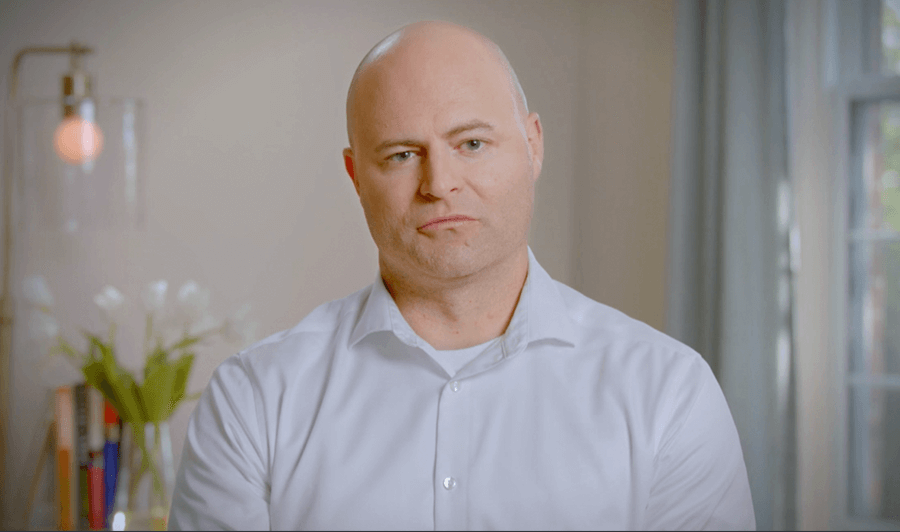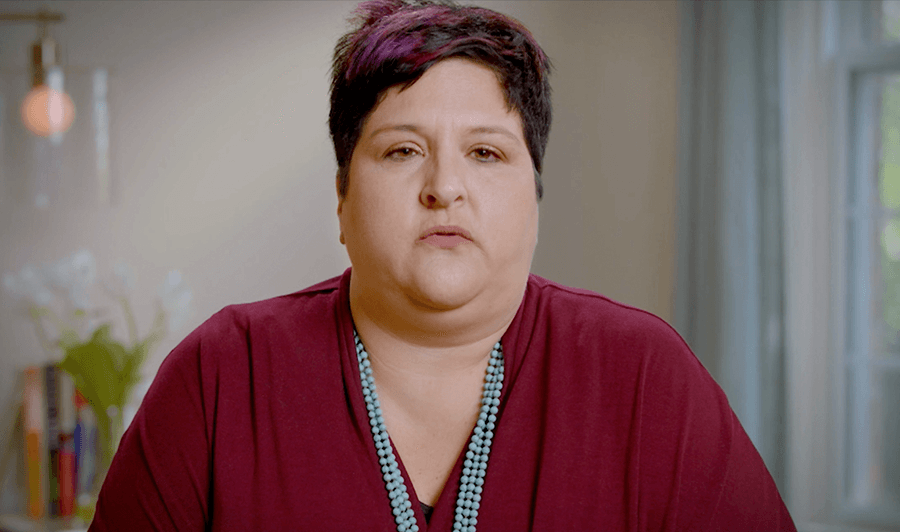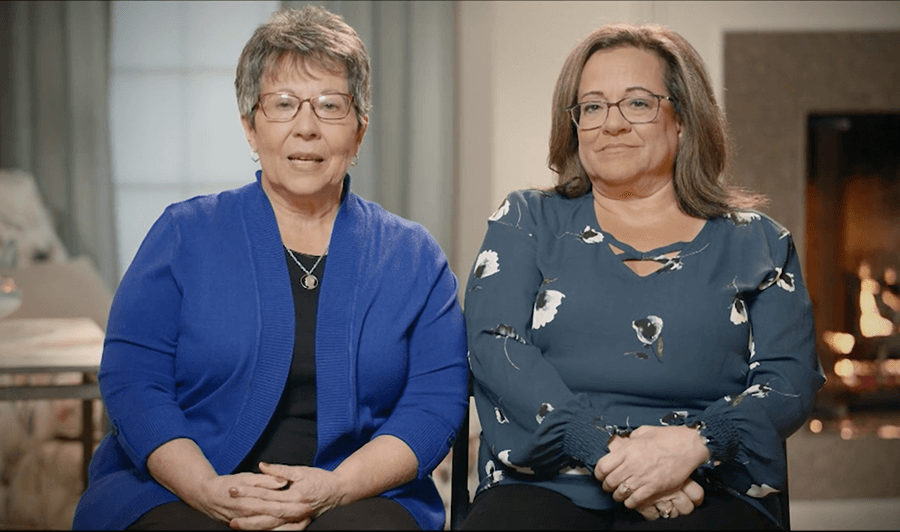
Signs Your Loved One is Not Being Monitored in an Iowa City Nursing Home
It can be difficult to know if a loved one is not receiving adequate care in a nursing home. However, here are some signs that may indicate that they are not being properly monitored:
- Unexplained injuries
If you notice bruises, cuts, or other injuries that cannot be explained by the staff, it may be a sign that your loved one is not being adequately monitored.
- Poor hygiene
If your loved one is not being bathed regularly, their clothing is dirty, or they have bed sores, it could be an indication that they are not being properly cared for.
- Changes in behavior
If your loved one is acting more confused, or withdrawn, or is exhibiting sudden changes in behavior, it may be a sign that they are not receiving the proper care and attention they need.
- Lack of staff presence
If you visit your loved one and the staff is frequently absent or not readily available, it may indicate that they are not adequately monitoring the residents.
- Unsanitary conditions
If the nursing home is dirty, cluttered, or has a strong odor, it could indicate that the staff is not properly cleaning and maintaining the facilities.
- Neglect of personal belongings
If you notice that your loved one’s personal belongings are missing or damaged, it may indicate that they are not being properly supervised. Additionally, if the staff is not properly managing their personal items, it may be a sign of neglect.
- Medication errors
If you notice that your loved one is experiencing adverse reactions to their medications, or if their medication regime has changed without proper explanation, it may be a sign that the staff is not properly monitoring their medication regimen.
- Lack of social interaction
If your loved one is isolated and not participating in social activities, it could indicate that they are not being encouraged and supported to engage with others.
- Unanswered calls for help
If you hear that your loved one has repeatedly pressed their call button for assistance and has not received a response, it may indicate that the staff is not adequately monitoring their needs.
- Overcrowding
If the nursing home is overcrowded, it may be difficult for the staff to provide proper care and attention to each resident. Overcrowding can also lead to unsanitary conditions and a higher risk of infection.
It’s important to be vigilant and proactive in ensuring that your loved one is receiving proper care in a nursing home. If you have any concerns, don’t hesitate to speak with the staff and raise your concerns. You can also reach out to advocacy groups and elder care attorneys for support and guidance. The well-being and safety of your loved one should always be a top priority.
How to Report Nursing Home Abuse or Neglect
If you suspect abuse or neglect at a nursing home, it is important to take action to protect the well-being of your loved one. Taking steps to report the issue can help to ensure that the situation is addressed and that residents receive the care and support that they need. Here are the steps you can take to report nursing home abuse or neglect:
- Contact the nursing home staff: If you have concerns about the care that a resident is receiving, speak with the staff at the nursing home first. They may be able to address your concerns and take steps to improve the situation. If you are not comfortable speaking with the staff, or if you have already done so and the situation has not improved, it is time to take further action.
- Contact the local Long-Term Care Ombudsman: Ombudsmen are trained to handle complaints about long-term care facilities and can provide advocacy and assistance to residents and their families. They can also help you to understand your rights as a resident or a family member and can provide information about the resources and support that are available.
- Report the abuse to the Iowa Department of Inspections and Appeals (IDIA): You can find IDIA’s contact information by searching online or by calling 1-877-686-0027. You will need to provide as much information as possible about the abuse or neglect that you have observed, including the name of the resident, the name of the nursing home, and the specific details of what happened.
- Contact local law enforcement: If the abuse or neglect is criminal in nature, such as physical abuse or theft, contact the local police. The police can investigate the situation and take action if necessary. If the abuse or neglect is serious, it may be necessary to involve the police in order to ensure the safety of the residents.
It is important to keep detailed notes of any incidents, including the date, time, and specific details of what happened. This information can be useful when making a report and can help to support an investigation.
Additionally, it is a good idea to keep a record of all the steps that you have taken to report the abuse or neglect, including the date and time of each call or report and the name of the person with whom you spoke.
By taking these steps to report nursing home abuse or neglect, you can help protect the well-being of the residents and ensure that they receive the care and support that they need.
Why Arbitration Agreements in Nursing Homes Don’t Work
Arbitration agreements can be problematic in nursing homes for several reasons:
- Limited Access to the Legal System
Nursing home arbitration agreements often limit residents’ and their families’ access to the legal system, forcing them to resolve disputes through an arbitrator instead of the court system. This can limit their ability to hold nursing homes accountable for abuse, neglect, or other forms of mistreatment.
- Bias in Favor of Nursing Homes
Nursing homes often have more bargaining power than residents and their families, which can result in arbitration agreements that are biased in favor of the nursing home. The arbitrator may be more likely to favor the nursing home over the resident or their family in a dispute.
- Lack of Transparency
Arbitration proceedings are often conducted behind closed doors, making it difficult for residents, their families, and the public to learn about potential problems in nursing homes. This lack of transparency can also make it harder to hold nursing homes accountable for abuse, neglect, or other forms of mistreatment.
- Limited Remedies
In arbitration, residents and their families may have limited ability to seek remedies, such as certain types of monetary damages that would otherwise be available through the court system.
Overall, arbitration agreements can create barriers to holding nursing homes accountable for abuse, neglect, or other forms of mistreatment. It is important for residents and their families to carefully consider the terms of these agreements and to seek the advice of an attorney before signing.
RSH Legal offers free, no-obligation case evaluations to Iowans whose loved ones have been injured or killed in a nursing home. To schedule yours, call 319-409-6575.

Tim Semelroth
Board-Certified Trial Attorney

Pressley Henningsen
AV-Rated Trial Attorney
A car came through the median and we were hit head on. Every bone in my body from my lower jaw down to the bottom of my feet was broken. My medical bills were in the hundreds of thousands of dollars. I can’t imagine going through something like this without someone like Tim or RSH Legal.
See more Client ReviewsClient Reviews









